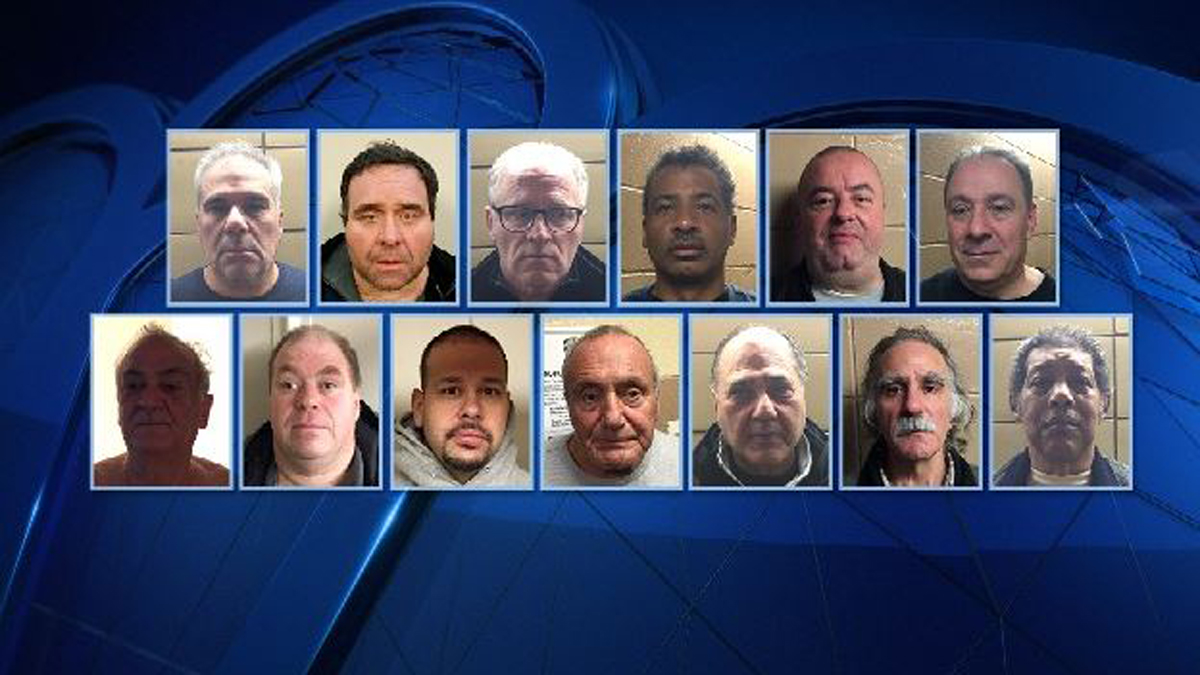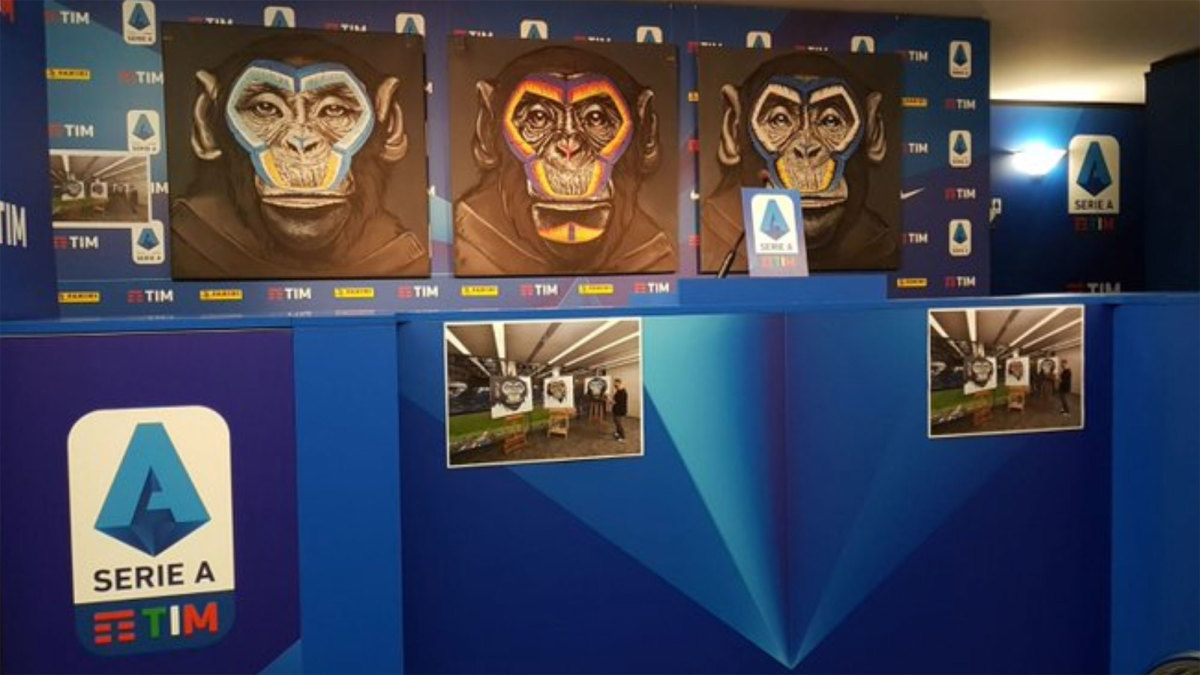Anti Gambling
Take a Gambling Break & Bank Your Money, Wednesday, September 29, 2021 October 13, 2017 Week of Action to Stop Predatory Gambling, Sept. Quickly and easily block gambling websites and apps on all of your devices. Try Gamban for free for 7 days.
Online gambling is already illegal in the United States. Proprietors of gaming sites are all incorporated overseas. Yet Internet wagering is still a $12 billion industry.
History has shown us that prohibiting private, consensual behavior has never made that behavior go away. Because consensual crimes take no victims, vice laws are difficult to enforce. Police have to use informers and undercover work and sometimes need to break the very laws they’re trying to enforce.

Consequently, America’s various attempts at prohibiting sinful behavior have bred corruption, organized crime, black markets and significant erosion of our civil liberties. The story’s no different with gambling.
Here are the three chief reasons why Congress’ latest vice crusade is misguided:
Feds not our baby‐sitter
What we do with our own money on our own time ought to be our own business. The idea that government is somehow obligated, or even authorized, to protect us from our own vices and “bad” habits simply isn’t compatible with a free society.
If five poker enthusiasts want to voluntarily play online, and if a private company wants to provide the technology for that to happen in exchange for a fee, why do members of Congress feel obligated to prevent that from happening?
Like many bad laws, gambling prohibition is often justified in defense of “the children.” But for a minor to wager online, he’d need a credit card or access to a bank account. It isn’t as if children are easy prey for gambling sites.
It’s naked hypocrisy
Last month, police in Fairfax, Va., conducted a SWAT raid on Sal Culosi Jr., an optometrist suspected of running a sports gambling pool with some friends. As the SWAT team surrounded him, one officer’s gun discharged, struck Culosi in the chest and killed him. In the fiscal year before the raid that killed Culosi, Virginia spent about $20 million marketing and promoting its state lottery.
The scene is similar in other states. Charity and barroom poker games, for example, are being shut down by police departments across the country. Meanwhile, state lotteries are cashing in on the poker craze with Texas Hold’em-style scratch‐off games.
Congress isn’t immune from the double standard. The new anti‐gambling bill sponsored by Virginia Rep. Bob Goodlatte contains a gaping loophole that lets state lotteries continue to sell their tickets online. And just as Goodlatte, Arizona Sen. John Kyl and others in Congress have been earnestly lecturing us on why we need our politicians to protect us from our own peccadilloes, 28 states, including Arizona, were cashing in on the hyped $365 million Powerball jackpot.
Which makes all these efforts to ban private gambling sound more like a protection racket than good government.
It won’t work
As noted, despite prohibitions against Internet gambling, it’s still a billion‐dollar industry. Prohibitionists have argued that a law preventing credit‐card companies from allowing their services to be used in conjunction with gaming sites will prove to be the death knell for online wagering.
Hardly. In fact, several state attorneys general already have gone after the credit companies and online payment services like PayPal, threatening them with Patriot Act charges for doing business with gaming sites. Consequently, third‐party vendors such as Neteller, also located offshore, have sprung up to facilitate transactions between gamers and gaming sites.
Congress can keep passing laws. But so long as there is demand, innovators will continue to use technology to find ways around them.
On CNBC three weeks ago, Goodlatte pointed out that because gambling companies themselves are offshore, they aren’t subject to U.S. laws and regulations. But that’s an argument against his own bill. Goodlatte’s bill won’t stop Internet gaming. Instead, it will not only keep gaming companies offshore, it will facilitate the rise of offshore financing services, too.
That means U.S. consumers will be more susceptible to fraud and will have no legal recourse when a shady offshore outfit bilks them out of their money.
Not to mention that offshore, black‐market outfits present prime funding opportunities for organized crime and international terrorism.
A more sensible policy would be to legalize online gambling and let credible gaming companies do business within the reach of U.S. law. The good ones are already begging to be regulated.
They understand that legitimately setting up shop in the United States will give them an advantage over their competitors. Consumers will be more likely to place bets on sites governed by U.S. laws and subject to U.S. courts.
Unfortunately, Congress seems more interested in pushing a moral agenda than taking a realistic approach to a habit that is as old as human nature.
Anti Gambling Quotes
In his first game as quarterback for the now-defunct Arlington High School Cardinals in 1956, Tom Grey passed for a touchdown, ran for a touchdown and earned the headline 'Tom Grey Leads Cards.'
Now 80, Grey still has a photograph of himself leaping into the air to make the kind of 'jump pass' that Kansas City Chiefs quarterback Patrick Mahomes has made when needed on his way to today's Super Bowl.

You can bet on whether Mahomes' first pass today against the Tampa Bay Buccaneers will be caught, fall incomplete or be intercepted. You can also bet on the color of the Gatorade that might be poured on the winning coach, whether the coin toss will be heads, that Eric Church and Jazmine Sullivan will take less than 1 minute and 59 seconds to sing the national anthem, whether The Weeknd will show up with sunglasses at halftime, and which word poet Amanda Gorman will say first: 'hero,' 'pandemic' or 'super.'
Gambling on which team wins is just one of the countless bets you can place on the Super Bowl, which is expected to draw a record 7.6 million online bettors among the more than 23 million people wagering more than $4.3 billion, according to the American Gaming Association. Illinois and 24 other states, as well as the District of Columbia, now have legalized sports betting, and mobile wagering is responsible for 82% of bets placed during this pandemic.
'America is on a gambling binge. America has pretty much hit bottom,' says Grey, who has been quarterbacking the anti-gambling faction for 30 years. As a Methodist minister in Galena fighting plans for a gambling riverboat in 1991, Grey got a referendum on the ballot and then an impressive victory with 81% of voters opposing the boat. Then, the politicians cleared the way for the Silver Eagle Casino, which sucked money away from the community until its riverboat went belly up in 1997.
An all-conference quarterback in high school, Grey doesn't fold when the going gets tough. A graduate of Dartmouth College, Grey commanded a U.S. Army rifle company in Germany before spending part of 1965 and 1966 in Vietnam. After his service, he graduated from the Garrett Evangelical Theological Seminary in Evanston. As founder of the National Coalition Against Legalized Gambling, Grey attached a red, white and blue 'CasiNO' button to the lapel of his Sunday best and traveled the nation, organizing anti-gambling efforts, speaking to newspaper editorial boards and taking it to the gambling industry on television's '60 Minutes' and 'Frontline.'
That led to a grassroots group called the National Coalition Against Gambling Expansion, which had initial success keeping gambling out of many states.
'We held Nebraska for 25 years, and we just lost it,' Grey says, noting Hawaii and Utah are the only states left without some state-sanctioned gambling.
Modifying their game plan along the way, Grey now is a senior adviser for the nonprofit Stop Predatory Gambling. Grey, who lives in Spokane, Washington, to be close to grandkids, sees similarities between this effort and the 'tobacco-free kids' movement, which took a bite out of cigarette companies.
'At this point, they are after the kids. They did the NFL on Nickelodeon,' Grey says, noting gambling advertisements are all over media and social media. Research shows that living within 10 miles of a casino doubles the odds of a person developing a gambling habit, and now, pretty much everyone has the ability to download a gambling app on their cellphone.
'Illinois is as bad as any state in the country,' says Les Bernal, a former high school and college basketball coach who has been national director of Washington, D.C.-based Stop Predatory Gambling since 2008. He cites a 2019 GOBankingRates survey that found nearly 3 in 4 Illinois residents have less than $1,000 in savings, and almost half have no savings. Yet, gambling businesses and advertising target poorer areas, he says.

'Commercialized gambling is the complete opposite of wealth-building,' Bernal says, noting that owners of gambling sites make the most money, with the state getting a portion in taxes and fees, and the consumer losing money. 'State-sanctioned gambling is a form of institutionalized racism. At its core, it's a big con.'
The United Kingdom is considering banning gambling advertising and removing gambling sponsors from the jerseys of soccer teams in the wake of new studies showing how gambling can ruin the economic health of some families and lead to suicide.
Anti Gambling Campaign
'The more you participate, it's a mathematical certainty you're going to lose money,' Bernal says.
Grey likes to point out that smart people don't gamble. He once conducted an interview with billionaire Warren Buffett, available at stoppredatorygambling.org, in which Buffett ripped the idea of state-sanctioned gambling.
'There's nothing getting developed. It's a transfer of money,' Buffet says of the gambling industry. 'I think the state ought to be trying to do things for its citizens, not do something to its citizens.'
Having common sense on his side gives Grey hope.
'This was a good fight, and I'm glad I'm still in it,' says Grey, who also has fought racial injustice and compares the anti-gambling crusade with the 'good trouble' that late Rep. John Lewis used to talk about.
'I think we still hold the winning hand,' Grey says. 'The difficulty is staying in the game.'